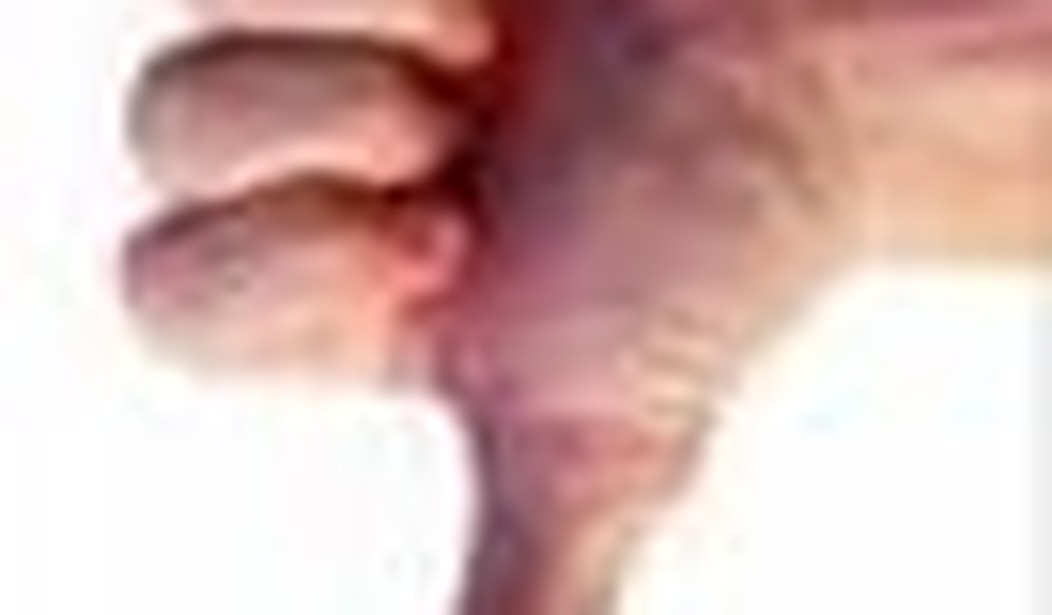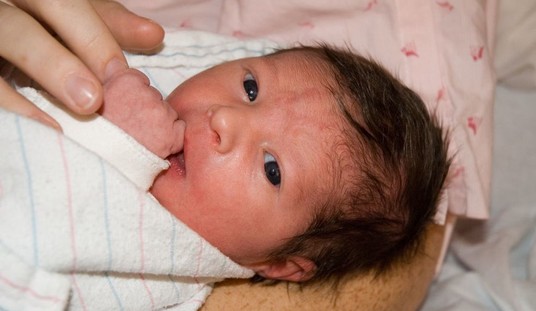The president is taking a nosedive in the polls.
Averages from Pollster.com and RealClearPolitics.com illustrate a dramatic decline in his approval rating and and an increase in disapproval marks. Among independent voters, the two lines are converging. In Rasmussen and Zogby, the two trend lines for all voters already have crossed.
As Sam Youngman reported, the last month has been the worst of Obama’s presidency:
The Obama administration, which was flying high a month ago after pushing through a climate change bill in the House, has since been dealt a series of setbacks and is struggling to regain its footing.
After the climate bill passed 219-212 on the afternoon of June 26, there was a feeling that the White House could get much of its agenda through Congress in 2009.
A month later, there are doubts that President Obama will even achieve his number one priority of health care reform, much less cap and trade, immigration reform, and a regulatory revamp of the financial sector.
There are two explanations — the economy or something more systemic. Ben Stein thinks it is the latter:
The American people in their unimaginable kindness and trust voted for a pig in a poke in 2008. They wanted so much to believe Barack Obama was somehow better and different from other ultra-leftists that they simply took him on faith. … Now, the American people are starting to wake up to the truth. Barack Obama is a super likeable super leftist, not a fan of this country, way, way too cozy with the terrorist leaders in the Middle East, way beyond naïveté, all the way into active destruction of our interests and our allies and our future.
There is significant support for this theory. Polls show the public thinks Obama is spending too much and taking on too much power. It is not hard to conclude that Obama has been caught trying to pull off a bait and switch — he ran as a moderate and is governing as a left-winger. With ample evidence that they have been conned, the voters are now registering their disapproval.
If one accepts this interpretation of events, Obama has two options — veer toward the political center or face an ongoing backlash against his ultra-liberal policies. And if one perceives the public is uneasy — if not resentful — that they have been snookered, then the 2010 congressional elections and the New Jersey and Virginia gubernatorial races this fall are chances to set things straight and put some restraint on the political extremism of the president.
Liberals hope this theory is wrong, of course. They imagine that the electorate realigned in 2008, the country is poised for a new New Deal, and the Democrats are on the verge of a new permanent majority. None of that is happening if it turns out the electorate didn’t actually vote for uber-liberalism and is now poised to seek a course correction.
The other theory to explain Obama’s perilous slide in the polls is simply that the economy is still bad and unemployment is worsening. Certainly much of Obama’s slide in the polls followed the release of the July unemployment figures. As talk turned to the prospect of double-digit unemployment and the failed stimulus plan, his poll numbers floated downward. If you buy that people are just grumpy about unemployment, then Obama need not change the trajectory of his presidency. He might be blamed in the short run for overpromising on those 3.5-4 million jobs he was going to “save or create,” but as unemployment eventually subsides his approval numbers will go up.
Still, this won’t entirely please House Democrats and those senators on the ballot in 2010. They have to face re-election in a time frame which likely will precede a dramatic reduction in unemployment. If the current poll numbers are based on “where are the jobs?” then 2010 becomes a jobs election and incumbents should be very afraid.
Whichever theory you favor, the result may be the same. The president’s poll numbers for awhile will drift downward. Wary congressional Democrats ( who now trail the much-maligned “Party of No” in some generic polling) will seek to put distance between themselves and the politically ailing president. And the media — deprived of a credible storyline that Obama is simply the most popular, perfect president ever — will perhaps stiffen its collective spine. In short, this is the beginning, not the end of Obama’s political travails.
Every president faces a rough patch or two, but Obama’s may be a bit more troubling than most. A presidency that rests on a cult of personality rather than the power of ideas is particularly vulnerable when the personality proves to be less attractive.
Moreover, Obama has not expended political capital on anything meaningful. He did not, as Ronald Reagan did, suffer a drop in the polls by doing the hard work of wringing inflation from the economy. He didn’t enrage liberals by refusing to retreat from an unpopular war or risk the ire of the conservative base to pass a largely successful Medicare Part D, as did George W. Bush. Obama lost his popularity with only a failed stimulus plan to show for it. He has not worked to sow the seeds of policy initiatives which will bear fruit later on. He has frittered away his high standing on government boondoggles.
It would be a mistake to conclude Obama is permanently hobbled. His large congressional majorities may well deliver some type of health care reform for which he can claim credit. And the economy will eventually rebound. But what has been lost is that “opportunity” which Rahm Emanuel bragged about to use both the recession and Obama’s personal popularity to enact a fundamental shift in our government.
Whether due to political overreach or to sagging employment, the chance to remake America to suit Obama’s liberal vision is quickly slipping from the president’s grasp. And you don’t get opportunities like that very often.









Join the conversation as a VIP Member